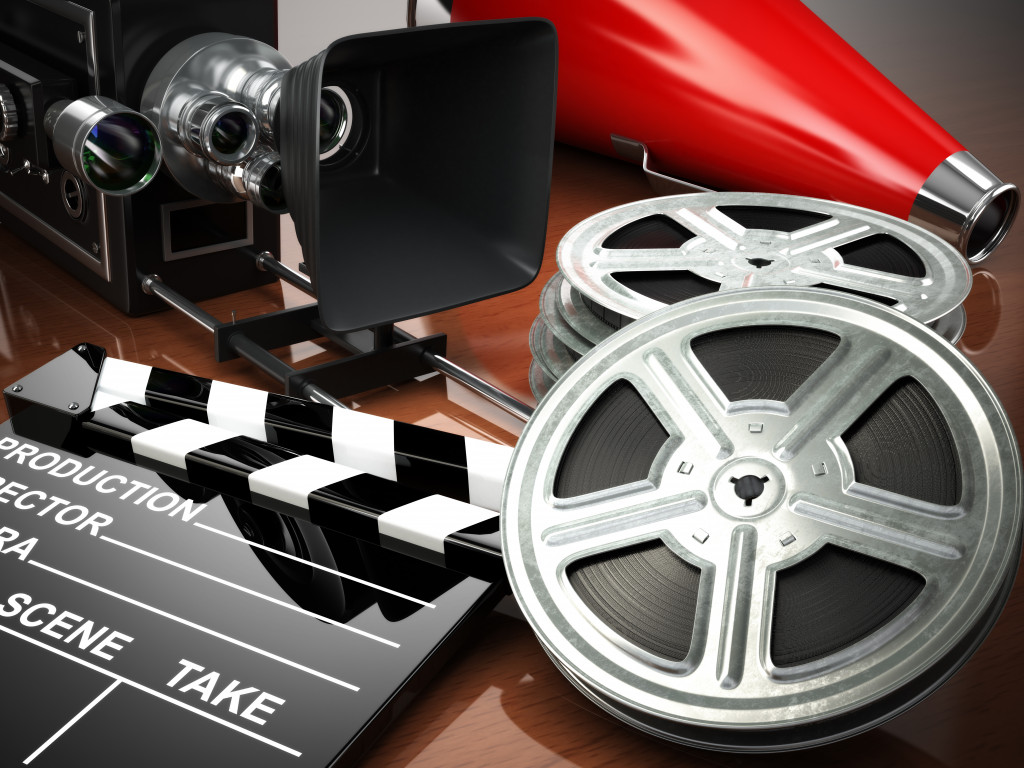• Determine budget, research equipment options, and hire a crew to ensure success when starting an independent film project.
• Understand the different types of cameras and lenses available to create the desired look for your project.
• Invest in proper lighting and sound equipment to ensure that your visuals and audio are up to standard.
• Secure locations, permits, and permission to film before beginning production.
• Create a timeline that outlines exactly when and where you’ll be filming each scene/shot.
The world of independent filmmaking can be a daunting one. From finding the right crew and equipment to managing costs, there is a lot to consider when planning your project. It’s important to take the time to plan ahead and make sure you have everything in order before you get started. Here are a few things to consider when starting an independent film project.
Know Your Budget
Knowing your budget up front is an essential part of any independent film project. Before you begin shopping for equipment or hiring a crew, you need to decide how much money you have available and what kind of budget restrictions you will need to adhere to throughout the production process.
This will help guide all of your decisions moving forward and ensure that you don’t overspend on any one aspect of your project. For instance, if you have a limited budget, you may need to opt for premium equipment rentals instead of buying items outright.
Moreover, be sure to account for all of the hidden costs associated with filmmaking, such as insurance, permits, and food. These expenses can add up quickly, and it’s important to make sure you have enough money in your budget to cover them.

Research Equipment Options
Once you know how much money you can spend, it’s time to start researching equipment options. You should also consider renting equipment if it’s within your budget, as this can often save money in the long run while still allowing you access to top-of-the-line gear without having to purchase it outright. Here are some basics:
Cameras & Lenses
When selecting cameras and lenses, you should consider the type of look that you want for your project. Different cameras offer different looks, so it’s important to choose the ones that will best suit your story.
Lighting & Grip Equipment
Proper lighting is one of the most important aspects of any film production. Depending on the scope of your project, you may need to rent or purchase lights, stands, gels, and other grip equipment.
Sound Equipment
Sound is equally as important as visuals when it comes to independent filmmaking. Be sure to research the type of microphones and sound gear that will be necessary for your project and make sure it fits into your budget.
Gather Your Crew
You’ll also need a team of professionals who are willing and able to help bring your vision to life. Be sure everyone involved understands their responsibilities and their compensation expectations from the outset so that there is no confusion down the line regarding payment or credit ownership issues later on down the road. Here are some people to hire:
Directors
Find a director who is well-versed in independent filmmaking and has a keen eye for creating compelling visuals. You can also find freelance directors who are willing to work on a project-to-project basis.
Producers & Production Managers
You’ll need someone to handle the day-to-day logistics and ensure that everything is running smoothly. Producers and production managers can help manage budgets, hire crew, secure locations, and make sure that everything is in order before you start shooting.
Editors & Colorists
Once filming is complete, you’ll need to bring in an editor and colorist to help bring your vision to life. Be sure to hire professionals who understand the look and tone that you want for your project and can help shape it into a cohesive final product.
Sound Engineers
You’ll also need a sound engineer to help mix and master your audio. A good sound engineer can bring a lot of life to your project and make sure that all the sounds blend together seamlessly.

Find Locations
Once you have secured all the necessary personnel and equipment for your project, it’s time to find suitable locations for shooting your scenes/shots. Consider both indoor and outdoor locations depending on what type of environment best suits your story, as well as necessary permits or permissions needed for filming at each location (if applicable).
To save money and be more versatile, look for a film studio that can provide soundproofing and lighting equipment. You can also look for resources like film commissions or industry networking events to find locations with minimal cost.
Be sure to plan ahead and create a timeline that outlines exactly when and where you will be filming each scene/shot. This will ensure that everything runs smoothly once production begins and that your team.
Starting an independent film project requires careful planning and consideration—but with proper preparation and a good team behind it, anything is possible. Make sure you understand all aspects of the production process from start to finish so there are no surprises along the way that could potentially derail your progress or add additional expenses where they weren’t expected (or wanted!). With these tips under your belt and sound decision-making throughout the process, you’re sure to have a successful independent film project.








